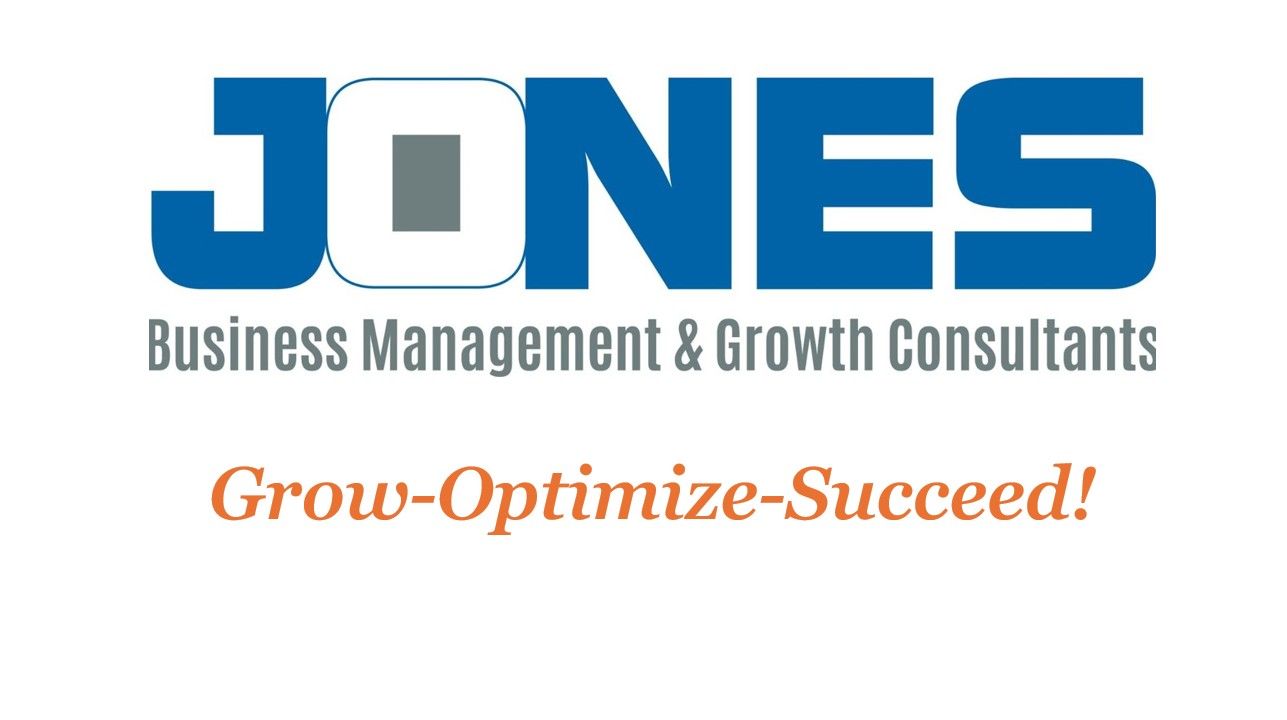Can Small People Lead?
Challenging Leadership Styles

Can Small People Lead?
Short answer? Yes, but there's a cost. The better question would be: Can small people lead effectively? And the answer to that is, not usually.
When I say 'small people,' I am referring to those who, fueled by insecurities, manifest a host of traits detrimental to fostering an environment of trust, innovation, and growth. My experience has been that, largely, people like this are too afraid of self-reflection and terrified of accountability, making the task of writing to motivate them to change their behavior quixotic. Yet, writing about it to understand it can still be helpful. We can learn to recognize the traits and effects of their behavior and perhaps see when we, ourselves, might slide ever so gently into a shadow of those behaviors, as can happen to most anyone occasionally.
So, what are those traits, their effects in the short and long term, and is there a way to counter them if we find ourselves interacting with such a "leader"?
Traits of Insecure Leaders
- Micromanagement: Insecure leaders often feel the need to control every detail, leading to micromanagement. This stifles creativity and innovation as team members feel they lack the autonomy to make decisions.
- Lack of Trust: A deep-seated lack of trust in their team can lead these leaders to constantly second-guess and undermine their subordinates, eroding morale and engagement.
- Defensiveness: When faced with feedback or challenges, insecure leaders tend to react defensively, viewing constructive criticism as a threat rather than an opportunity for growth.
- Credit Hoarding: They often take credit for successes while blaming others for failures, leading to a toxic environment where team members feel unappreciated and undervalued.
- Poor Communication: Insecurity can lead to poor communication, with leaders either over-communicating to assert control or under-communicating due to fear of vulnerability.
Short and Long-term Effects
In the short term, these behaviors can lead to immediate issues such as low team morale, decreased productivity, and high turnover rates. Team members may become disengaged and less willing to go above and beyond in their roles.
In the long term, the effects can be even more damaging. A culture of fear and mistrust can become ingrained, making it difficult to attract and retain top talent. Innovation and creativity are stifled, leading to stagnation. The organization may struggle to adapt to changes in the market or industry, ultimately impacting its competitiveness and bottom line.
Countering Insecure Leadership
- Foster Self-Awareness: Encourage leaders to engage in self-reflection and seek feedback from trusted colleagues and mentors. Developing self-awareness can help them recognize and address their insecurities.
- Promote a Culture of Trust: Building trust within the team can counteract the negative effects of insecure leadership. Encourage open communication, transparency, and mutual respect.
- Encourage Continuous Learning: Providing opportunities for professional development and growth can help leaders build confidence in their abilities, reducing the need for micromanagement and control.
- Set Clear Expectations: Clearly define roles, responsibilities, and expectations to reduce ambiguity and provide a framework for accountability that doesn’t feel personal or threatening.
- Lead by Example: Model the behaviors you want to see in your leaders. Demonstrate trust, openness to feedback, and a willingness to take responsibility for both successes and failures.
Conclusion
While insecure leaders can indeed lead, their effectiveness is often compromised by their behaviors. By understanding these traits and their impacts, we can better navigate our interactions with such leaders and, importantly, avoid falling into the same traps ourselves. Promoting self-awareness, trust, continuous learning, and clear expectations can help mitigate the negative effects of insecure leadership, paving the way for more effective and positive leadership within organizations.
#Leadership #EffectiveLeadership #InsecureLeaders #TrustInLeadership #TeamBuilding #LeadershipSkills #BusinessGrowth #WorkplaceCulture #LeadershipDevelopment #SelfAwareness
















